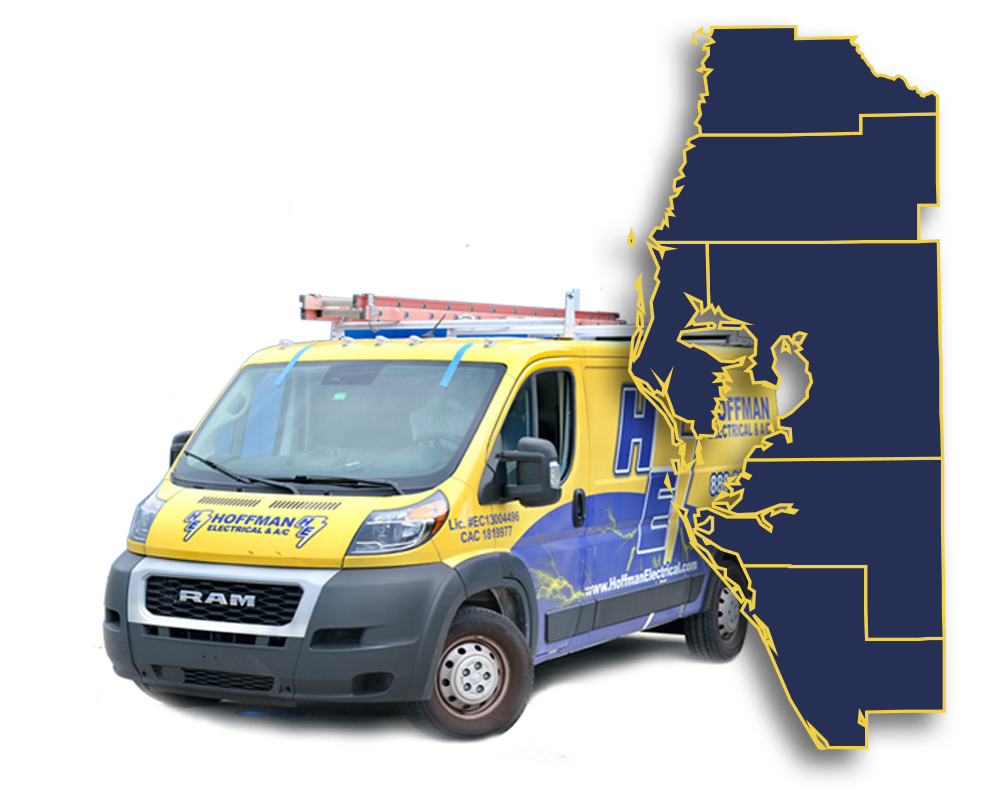Want to know if your Tampa- or St. Petersburg-area home is meeting Florida electrical standards as well as National Electrical Code guidelines? You’re not alone. The electrical system in your Florida home is essential to your home’s functionality, and, let’s face it, without a reliable electrical system, how much of your daily activities would you actually accomplish? From illuminating your home to cooking, doing laundry, and watching TV, all are made possible because of its electrical wiring.
Below, we’ve provided a brief overview of Florida’s residential electrical code and some of the most important facts you need to know about NFPA 70A.
What Is NFPA 70A?
The state of Florida adapts NFPA 70A: National Electrical Code® Requirements for One- and Two-Family Dwellings as the official regulatory document determining Florida’s residential electrical standards for electric conductors and equipment installed in a one- or two-family home. This includes houses, mobile homes, recreational vehicles, and yards.
So, what does this mean to you, a Florida homeowner? NFPA 70A, also known as the NEC, covers all state regulations for wiring and protecting your home, including:
- Wiring materials
- Wiring installation methods
- Lighting fixtures (recessed lighting, security lighting, outdoor lighting, etc.)
- Electrical appliances (ranges, washers, and dryers, etc.)
- Space-heating equipment (electric furnaces, heat pumps, etc.)
- Generators
- Swimming pools and hot tubs
- Solar panels
- Optional standby systems (fire alarms, remote-control systems, communication systems, etc.)
- And more
Have questions about the National Electric Code? Hoffman Electrical & A/C has the answers!
What Florida Residents Need To Know About NFPA 70A
- NEC 210.23 (Permissible Loads) – The total rating of utilization equipment fastened in place, other than luminaires, should not exceed 50% of the branch-circuit ampere rating where lighting fixtures and/or cord-and-plug-connected utilization equipment are not fastened in place, or both are supplied. In a nutshell, NEC 210.23 states that the electrical load wherever you plug something in (e.g., a lamp or vacuum cleaner) should not be greater than 50% of the branch-circuit ampere rating. This helps prevent circuit overload. If you have questions about the ampere rating of a branch circuit in your home, call Hoffman Electrical & A/C for help.
- NEC 210.24 (Branch-Circuit Requirements) – The branch-circuit requirements outline the minimum conductor sizes required for each circuit. This depends on how much electrical load you plan on running through each circuit and may vary. For help determining each circuit’s electrical capacity, contact us online.
- NEC 210.52 (Dwelling Unit Receptacle Outlets) – Are you tired of looking for outlets? According to the NFPA, no point along your home’s walls should be located more than 6 feet from an outlet.
- NEC 210.8 (GFCI Protection) – A ground fault circuit interrupter (GFCI) outlet protects your home from dangerous electrical surges. GFCI outlets prevent electrical current from flowing where it is not intended (e.g., through water or a person). GFCI outlets are required in all bathrooms, kitchens (within 6 feet of the outside of a sink), garages, outdoors (outdoor receptacles), crawl spaces, unfinished basements, and boathouses.
Frequently Asked Questions About Florida Residential Electrical Code
What electrical code does Florida use for residential homes?
Florida’s residential electrical standards are based on the National Electrical Code, including NFPA 70A for one- and two-family dwellings. The NEC is adopted into the Florida Building Code and may include state-specific amendments, which is why working with a licensed electrician is recommended.
What is NFPA 70A and why is it important for homeowners?
NFPA 70A is the portion of the National Electrical Code that applies specifically to one- and two-family homes. It governs wiring methods, outlet placement, GFCI protection, circuit sizing, and other safety requirements designed to reduce fire and shock risks.
How far apart should electrical outlets be in Florida homes?
Under NEC 210.52, which Florida follows, no point along the floor line of most living spaces should be more than 6 feet from an electrical outlet. This spacing reduces reliance on extension cords and helps prevent circuit overloads.
Where are GFCI outlets required under Florida electrical code?
GFCI outlets are required in higher-risk areas such as bathrooms, kitchens within 6 feet of sinks, garages, unfinished basements, crawl spaces, outdoor receptacles, and areas near water. Adding GFCI protection is one of the most common upgrades for older Florida homes.
When should a homeowner schedule an electrical code inspection?
Homeowners should schedule a code-focused electrical inspection if their home is older, has frequent breaker trips, flickering lights, warm outlets, ungrounded receptacles, visible DIY wiring, or before remodeling, upgrading a panel, or adding large appliances.
Helpful Electrical Code Resources for Florida Homeowners
Schedule a Florida Electrical Code Check for Your Home
If you live in the Tampa, St. Petersburg, Clearwater, or Sarasota areas and have questions about the National Electrical Code and how it applies to your home, contact Hoffman Electrical & A/C to speak with one of our expert electricians!
We’ve been servicing homes in Hillsborough and Pinellas counties since 1986. Our electricians can answer all of your questions about NFPA 70A and how it applies to your home. Give us a call at 866-238-3243!



